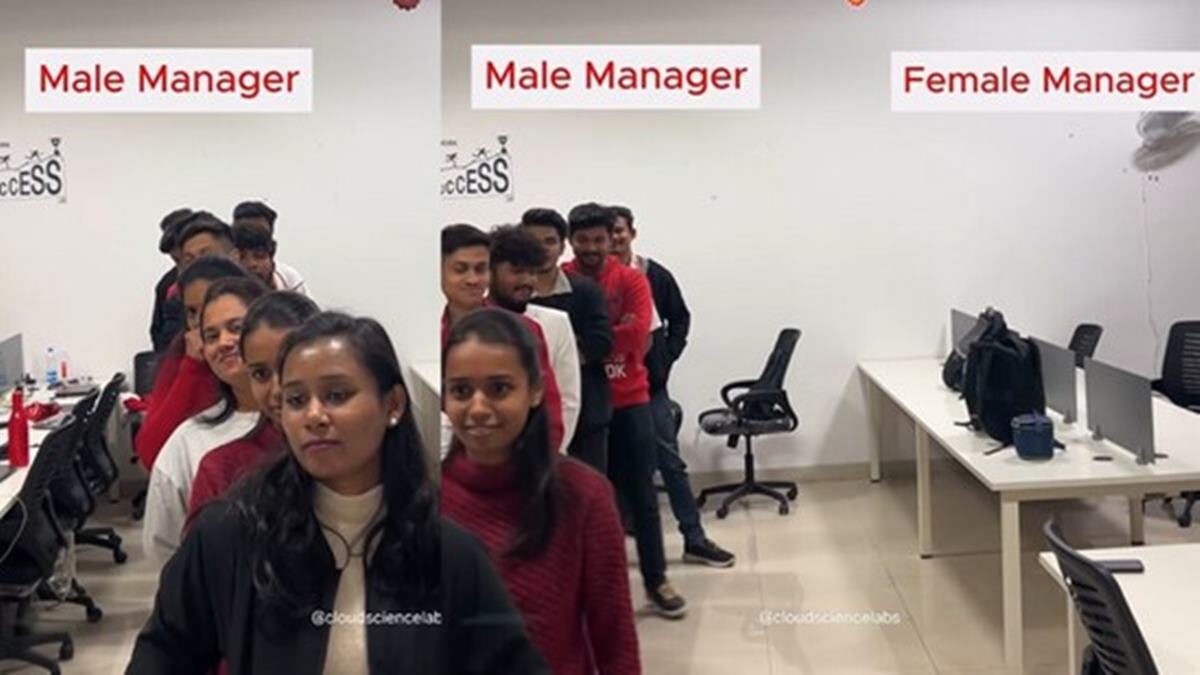US Bureau of Labor Statistics (BLS) brings out occupational outlook handbooks. After you apply filters for pay, projected growth rate and new jobs, the 2025 Outlook picks 10 occupations. Six of them relate to computer and information sciences, two to finance, one to management, and one to medical and health service management.
Of course, if you are gifted with special talent in music, sport, writing or other creative arts, you would be well-advised to ignore the BLS and nurture your talent all the way to success, or even fame. If you have an aptitude for celebrity, venality, draft-dodging, tax-dodging, felony, real estate development and grievance-mongering, you know where to head.
In India, we do have a National Career Service. But it only offers to direct you to counsellors. But practically all the 7,000-odd engineering colleges have their own lists of preferred engineering courses. Here, too, the first preference is for computer sciences, laced with AI and ML now.
Computer sciences and software development have, indeed, been India’s favoured engineering disciplines ever since Indian geeks on H-1B visas gained a toehold and foothold in the land of opportunity for the express purpose of slaying the Y2K dragon.
The highest revenue per employee among India’s big tech companies is for HCL, at a little over $61,000. This is puny compared to the $1 mn-plus earning per employee for US tech giants. Still, this was enough for the Indian tech industry to serve as the vehicle through which India’s young achieved social mobility.
Actually, whatever branch of engineering you studied, you joined a tech company, learned to code, and you entered the ranks of the middle class, paying EMIs for homes, phones, cars and holidays, and boosting the Indian economy. AI threatens to put paid to a whole lot of routine programming jobs, enabling an efficient coder to increase his productivity 15-20x. In the US, where software developers are engineers, and programmers are anybody who can write code, programming jobs have been joining the bison, the 4-legged cougar, and the American liberal, as they grope their way into the sunset.
Developing AI is a high-skill job, with Meta offering some geeks sign-on bonuses worth millions of dollars. Bachelors in computer sciences and AI from some random engineering college in India will not even get a look-in at such jobs. However, opportunities are opening up in all kinds of engineering fields, thanks to the green energy transition, and compulsion on India to fortify national security in communications and power transmission, and indigenise defence technology and manufacture.
Take the latest scare over Chinese withholding of rare earth magnets to users around the world, including in India. We either have to get more rare earths of our own than is available from IREL (India) Ltd, or develop motors that do not depend on rare earth-doped permanent magnets. Along with battery minerals, this creates demands for power engineers, and mining, mechanical and chemical engineers.
The transition to sustainable energy calls for significant increases in RE generation, whether wind, solar or biodigestion, and battery storage. Battery minerals call for expertise in prospecting, mining and ore refining. Developing batteries with high-storage capacity, fast-charging times, and low weight calls for expertise in power engineering, chemistry, materials, design and miniaturisation.
Developing magnetic reluctance motors that dispense with rare earth- doped permanent magnets calls for expertise in power engineering, and in microelectronics to control the speed of these motors.
Drones are the high-flying hope in new deftech, especially after Ukraine’s Operation Spider against Russia, in which drones packed into crates inside trucks were smuggled into Russia, parked near air force bases, and remotely released from their cages to attack parked planes and inflict heavy damage on strategic bombers.
Designing and building drones that are lightweight and long-range, are capable of acting as loitering munitions or early warning systems, that can be controlled without radio guidance, and all sorts of other kinds, calls for combinations of different kinds of engineering and design. How to kill enemy drones is another challenge. Bursts of laser or microwave radiation could kill their electronics. How to miniaturise power sources for such bursts and make them mobile all along the border is another challenge.
Preventing our power grid, drones or computer systems from being hacked and disabled calls for another combination of engineering skills. Low Earth-orbiting (LEO) satellites are increasingly vital in communications and national security. Building LEOs, and launching them at scale, will create an entire new space industry, calling for engineering talent specific to it.
Bliss it is, in this dawn of new opportunity to be an engineer. But to be a young engineer, in any discipline, is very heaven. Let us stop obsessing over computer sciences alone.




















